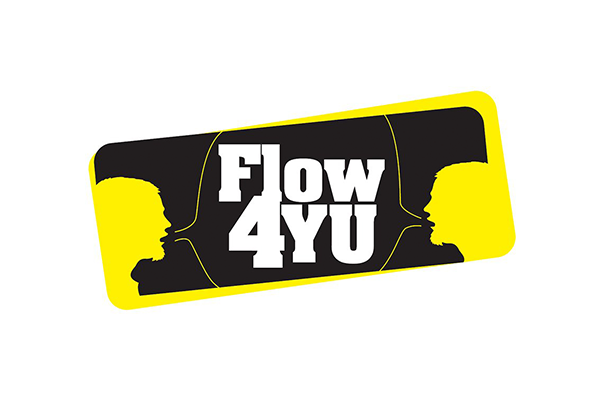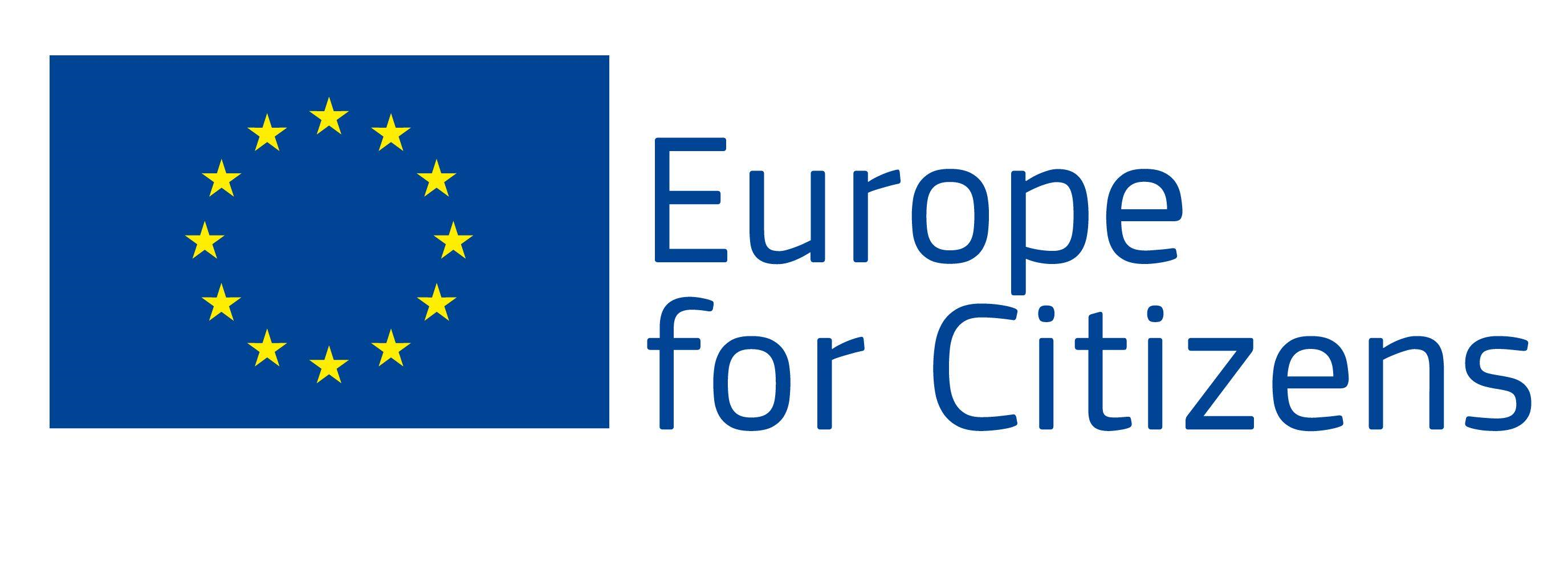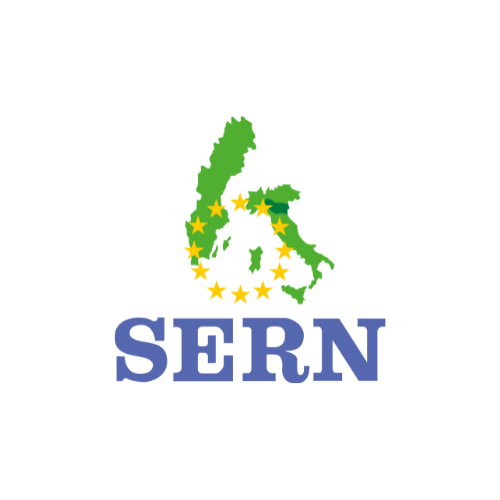

Europe for Citizens

Flow4yu has been a european project submitted under the action 1.2 Network of Twinned towns of the Europe for Citizens programme. The initiative aimed to promote a better and constructive dialogue between young people and institutions and at improving on one hand the capacity of listening of public administrations, on the other hand the knowledge of public life and institutions among young people, as well as the democratic principles which are the basis of our society both at local and at European level. The project was born upon the observation that local authorities have difficulties in listening and communicating with young generations. There is a lack of channels, tools and methods to stimulate active involvement and participation of young people in the life of the community. In a broader sense this is valid also when we speak of active european citizenship. The project involved municipalities that had already taken action in the frame of youth policies (events, specific information centers, etc). Nevertheless they proved not to be able to “reach” young people in a concrete way and to involve them actively in these initiatives. On the other side, young people are more active in specific fields more than others, for example: using pc and high technologies, using ICT tools instead of traditional ones, etc. Starting from these common pre-conditions, the involved municipalities agreed in joining their efforts and cooperate to find solutions in this matter by means of this joint project. FLOW4YU therefore aims at establishing a thematic and long-lasting cooperation between towns, in the frame of youth policies and, particularly, at improving communication and relationships between young people and public authorities, both at local and European level.
Kick-off meeting
25/28 September 20101
Ravenna (IT)
Transnational meeting with professionals
5/8 February 2012
Mjölby (SE)
First international youth meeting
15/19 April 2012
Cervia (IT)
Intermediate coordiantion meeting
9/11 September 2012
Rovaniemi (FI)
Second international youth meeting
13/15 September 2012
Verteneglio (HR)
Coordiantion meeting
10/13 March 2013
Fidenza (IT)
Final meeting
5/8 May 2013
Dubrovnik (HR)
The project saw the participation of 375 participants (mostly young people) in the events, and over 1000 people reached through this project.
Direct effects on young people
Young people have grown up thanks to the activities and events of the Flow4YU project. They have been directly involved and they have become a mile stone for the bottom-up construction of a responsible relation with the town administrations. The project has underlined that young people are a precious resource. In the meantime it has promoted their entrepreneurship and life management and has motivated them for active citizenship and cultural growth with a wide meaning.
Young people also learned about opportunities at European level and worked together on future cooperation projects. To be underlined the specific impact that the Flow4YU project has had on young people in Cervia, where a group formed by young people who directly took part into the project’s activities and other ones only indirectly involved, decided to create a proper youth association, aiming at promoting and realizing activities and initiatives for young people, also maintaining an open and constructive dialogue with the local Public Administration.
Direct effects on public institutions and administrations
Public administrations (decision makers and civil servants in charge of youth policies) have learned about different experiences at European level, comparing youth policies and youth departments of different partners and discussing on possible best practises to be taken as example.
All the activities allowed civil servants in charge of youth policies to improve their competences, sharing their experiences at transnational level and participating in activities and methodologies specifically linked to the project theme.
Associations and young workers
Associations, youth centres and youth workers have been directly involved in some meetings and most of all in the local activities. They contributed to find possible solutions to improve the dialogue between public administrations and youngsters. The process valorised their role and contributed to promote a more efficacious cooperation between the public and the private sector in the frame of the youth policies. The participation to the project also promoted the improvement of the competences and skills of the youth workers involved.
Indirect effects
Both the transnational events and the local activities have had a great impact on the civil society (citizens, associations, schools, youngsters only indirectly involved, families, etc…). A meaningful role in this process is to be attributed to the local activities: online questionnaire, local meetings, discussions, visits to the schools by some politician, etc. All these activities not only contributed to promote the knowledge of the Flow4YU project on a wider audience, but it gave to all these subjects the chance to take part in some activities and to have an active role. Partners have had the contribution of local associations and entities for the realization of the international events they hosted (schools, youth centres, cultural and youth associations, etc…), valorising the role of the civil society in the frame of active citizenship and democratic principles

Our objective is to increase cooperation among the
members of the network, between Italy and Sweden
and, more in general, the North and South of
the European Union.
Stradone Martiri della Libertà, 15 – 43123 Parma (PR) – Italy | C.F.: 91251370374
Tel: +393483892600 – Website: www.sern.eu – Email: secretariat@sern.eu – PEC: secretariat@pec.sern.eu
© 2024 | All rights reserved | Privacy Policy | Cookie Policy